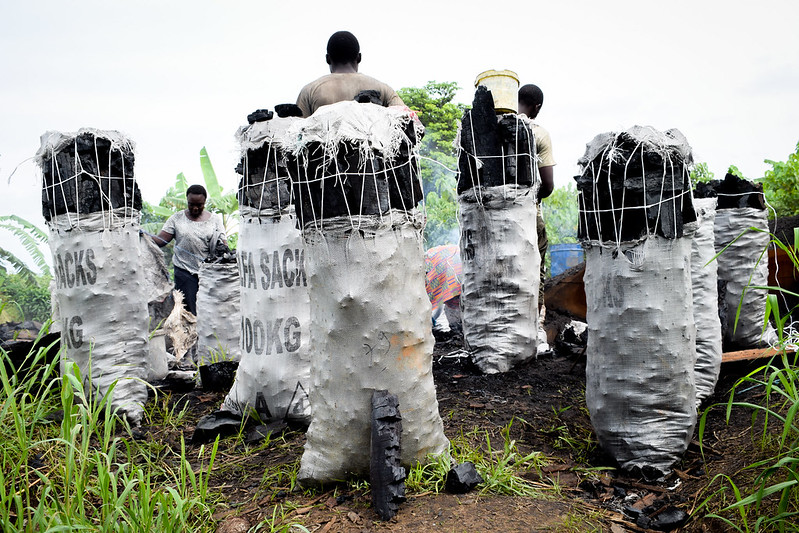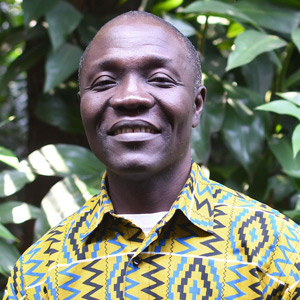Realities and the way forward

Woodfuel is the main source of energy for cooking for households in Sub-Saharan Africa, contributing to the food security and nutritional needs of millions of people. Due to the lack of alternative energy sources, and to growing charcoal demand from urban centers, woodfuel production is expected to increase in the coming decades.
Unsustainable wood harvesting for woodfuel causes forest degradation and greenhouse gas emissions. In contrast, sustainable woodfuel value chains can positively contribute to livelihoods, by generating both household income from trade and a secure supply of cooking fuel, while mitigating negative environmental impacts. Options for sustainable woodfuel – such as those developed during the EU-funded CIFOR-ICRAF-led Governing for Multifunctional Landscapes program (2018-2022) – include: more sustainable sourcing options through agro-forestry, woodfuel plantations, assisted natural regeneration, and/or use of wood residues; more efficient carbonization; capacity enhancement for planning at the community level; support of charcoal producer groups; and improving efficiency in end-use.
In Central Africa, prior to the REDD+ period of the past decade, several initiatives to improve woodfuel management were developed, but little attention was paid to policy on this topic. REDD+ has offered an opportunity to consider woodfuel management as an important component in the region’s fight against deforestation and forest degradation. The DRC, for example, is mainstreaming woodfuel management in each of its sub-national REDD+ initiatives (PI-REDD) while the country is developing activities at the national level to structure the governance framework related to biomass collection and uses. In Cameroon, there are several initiatives related to woodfuel, which are less well-integrated withREDD+ dynamics, but seek to address concerns that neighboring Chad’s ban on charcoal production could lead to a transboundary leakage effect in the country’s fragile northern ecosystems. The Republic of Congo has gained funding from the Green Climate Fund (GCF) to reduce greenhouse gas emissions from forests in five of its departments – including through better management of woodfuel.
Central Africa’s countries thus sit at various stages in terms of integrating woodfuel management into their REDD+ programs. However, this is an opportune time for practitioners to share experiences and generate early lessons on woodfuel management and integration into climate change mitigation initiatives, following the first decade of REDD+ implementation in Central Africa.
CIFOR-ICRAF speakers
Agenda
Introductory note
Richard Eba’a, CIFOR-ICRAF
Denis Sonwa, CIFOR-ICRAF
Fuelwood harvest and land use/cover implications in the mangroves of Cameroon
Claude Tagne, Univ Yde 1
Increasing woodlots through plantations in local communities in Cameroon and DRC
Abdon Awono, CIFOR-ICRAF
Woodfuel and REDD+ in DRC
Jean Jacques Bambuta, CN REDD+ DRC
Woodfuel and REDD+ in Congo Brazzaville
Remi Dannunzio, FAO
Cross-border trade of woodfuel from the far north region of Cameroon: the urgent need for regional regulation
Jean Hugues, Université de Douala
Discussions with the audience






















